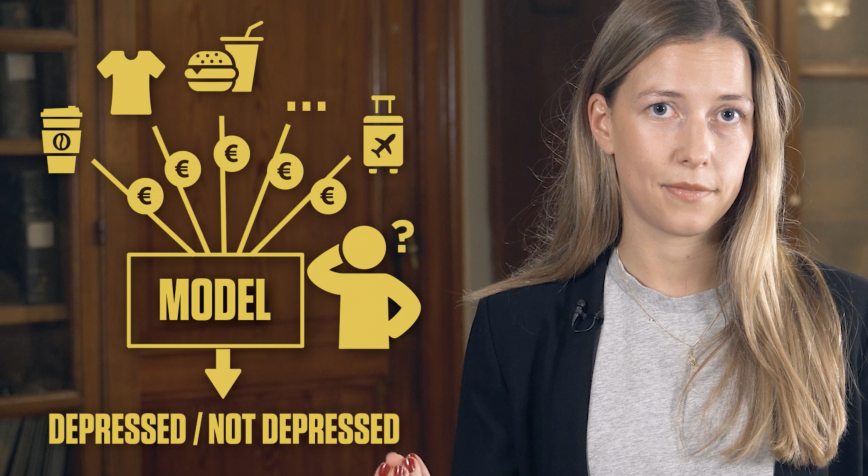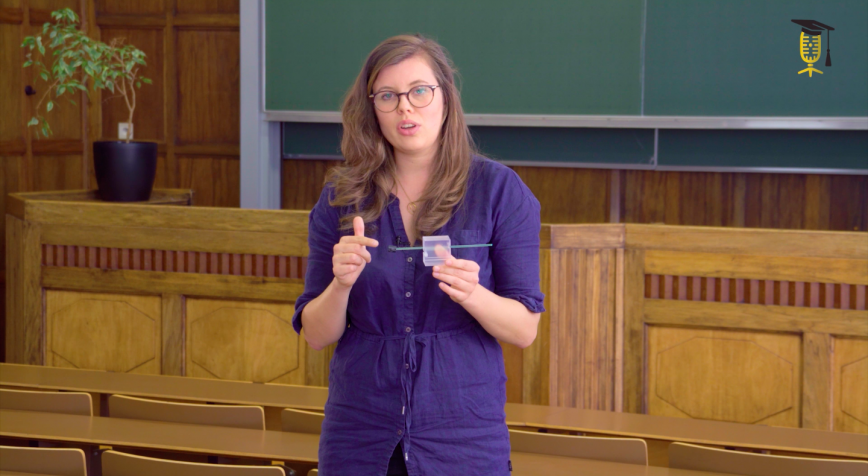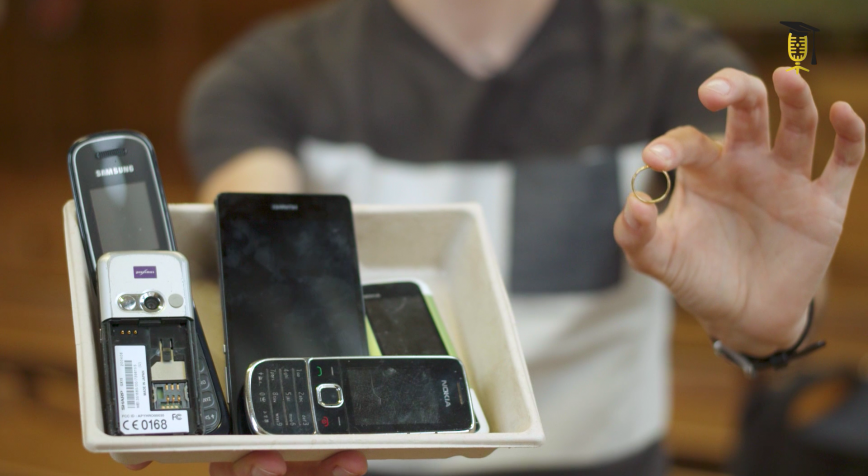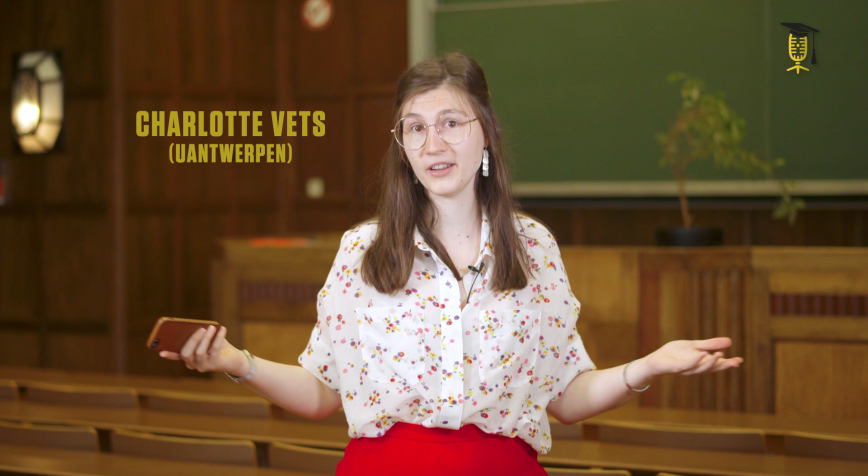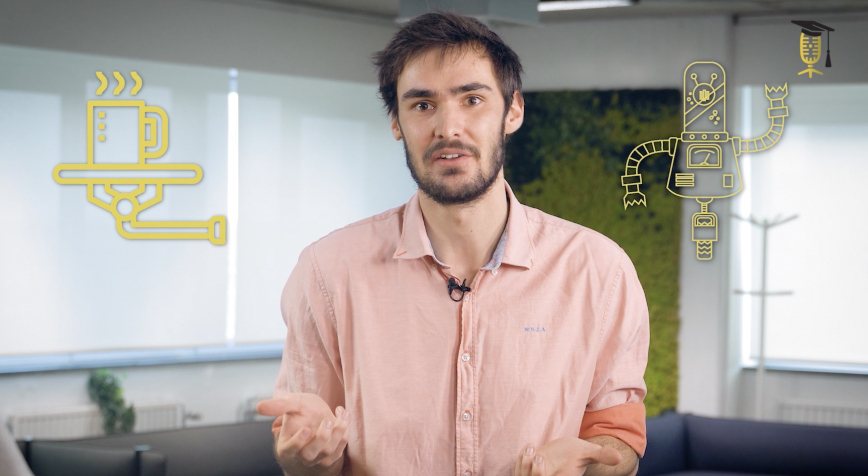
imec
UAntwerpen
AI's can also learn from artificial curiosity
In us, humans, curiosity is a driving force for learning. But did you know that AI can also benefit from curiosity, that is, 'artificial curiosity'? Computer scientist Louis Bagot (Imec - UAntwerp) explains how this works and why it is a good idea to tell AI & robots to experiment and have fun.
